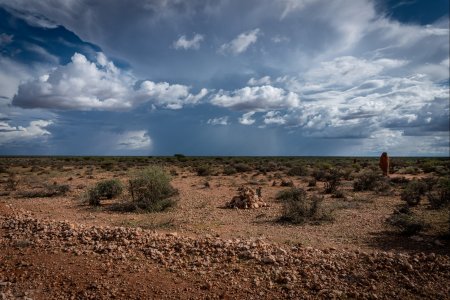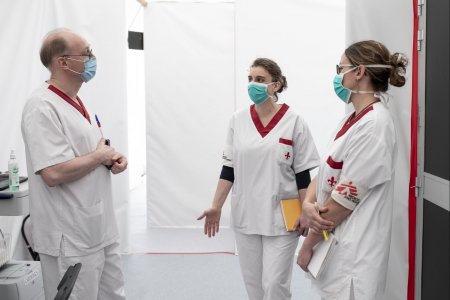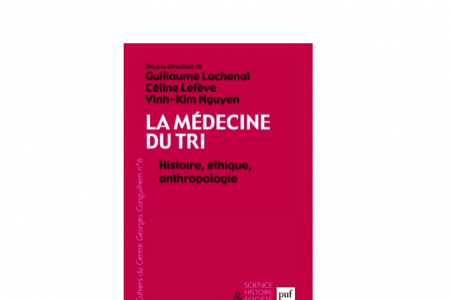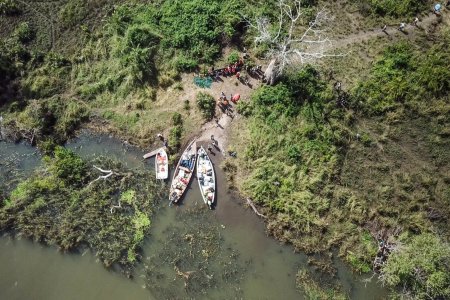 Susanne Doettling/MSF
Op-ed
Susanne Doettling/MSF
Op-ed
04/09/2020
Fabrice Weissman
Following an article co-written by members of the Swiss and Canadian sections of MSF, Fabrice Weissman presents a critical analysis of the arguments put forward by his colleagues. An analysis that could be useful to the entire movement, and to the humanitarian community as a whole.
 Pablo Garrigos/MSF
Interview
Pablo Garrigos/MSF
Interview
04/06/2020
Jean-Hervé Bradol
Elba Rahmouni
In exceptional circumstances where the demand for care exceeds the supply, how do you decide who to start with? Triage is necessary where there is exceptional demand, leading to the use of a specific procedure to establish priorities. Interview of Jean-Hervé Bradol conducted by Elba Rahmouni based on the article “In a disaster situation: get your bearings, triage and act” published in the book La médecine du tri. Histoire, éthique, anthropologie edited by Céline Lefève, Guillaume Lachenal and Vinh-Kim Nguyen.
 Puf
Analysis
Puf
Analysis
04/03/2020
Jean-Hervé Bradol
On 12 January 2010, a high-magnitude earthquake caused numerous buildings in the city of Port au Prince in Haiti to collapse. Tens of thousands of people were killed or injured by falling blocks of concrete. The aftershocks from the earthquake, the predictions made by some seismologists and public rumours prompted fears of a repeat of the disaster. Houses, schools, churches, hospitals and business premises – all the places that had housed the capital’s residents and their main activities – had become lethal traps and a permanent threat.
 Giuseppe La Rosa/MSF
Interview
Giuseppe La Rosa/MSF
Interview
02/17/2012
Rony Brauman
In this interview conducted by Claudine Vidal in 2012 and published in the book Agir à Tout Prix (Humanitarian Negotiations Revealed: the MSF experience), Rony Brauman speaks about emergency humanitarian aid set up following natural disasters. Time constraints, access to victims, cooperation with local institutions, misleading representations of the disasters' effects, controversial assessments of the number of casualties; various topics related to these interventions are discussed and illustrated with specific examples.
 Susanne Doettling/MSF
Op-ed
Susanne Doettling/MSF
Op-ed



